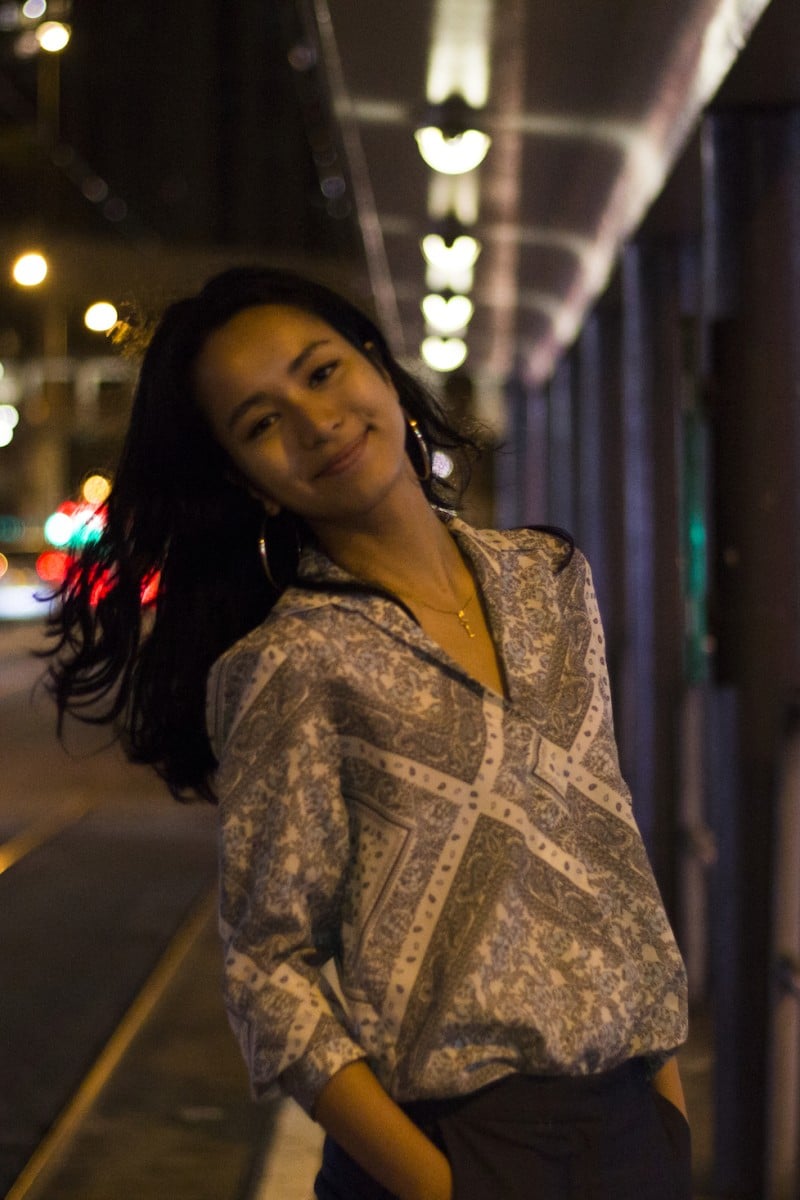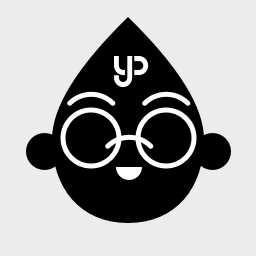
How a gap year can help with university and adult life, because school doesn’t teach us everything
Read how Yasmin’s experiences during her year off helped prepare her for studying, and for a thriving career

 Yasmin's gap year gave her insights and confidence she hadn't expected.
Yasmin's gap year gave her insights and confidence she hadn't expected.Under a starry sky on a cool spring night, I was sitting in a forest with students from all over the world, toasting marshmallows over the campfire while someone played guitar, when I suddenly wondered: how did I get here?
If you find yourself in giddy disbelief over your surroundings, chances are you made some good decisions somewhere along the way.
That night camping experience took place during my gap year. By the end of that year, I had a place in one of Hong Kong’s most selective university programmes, more work experience than nearly all my peers, and a clear idea of who I was and what I wanted to achieve – aspects of identity that many young people struggle with.
How to get that summer job you want
The choice
I started in a completely different place.
Rewind to my final year of secondary school, where I was desperate to get into any highly competitive business programme, but realised my average grades and run-of-the-mill résumé would not impress any selective admissions team.
Applying to less selective programmes seemed like giving up, which I was determined not to do. Maybe, if I had a year to build up experience, I could stand out – so I took a gap year.
My parents were appalled.
What would we tell family members? Would it look like I had failed school? What if my gap year went badly and I never got into university?
I pushed those thoughts aside and began to plan. If my gap year was to result in an offer from a programme I wanted to study, I figured I would need to fit into the mould of the high achiever: impressive work experience, volunteer work, and a few awards for good measure.
Off to work
My first ever paid internship came through a friend of a friend, who knew there was a social media vacancy at a small eco-company in Wong Chuk Hang. I met the manager, was offered the role, and stepped into the world of work for the first time.
The shift from an academic into a working lifestyle hit hard. In school, you are surrounded by friends the whole time; at work, you are with your colleagues for the whole day whether you like them or not.
Work was different, too. It was no longer just graded then forgotten about. It had an impact on the business, yet there is no clear-cut system to tell you whether your work qualifies for an “A” or a “C”.
How to write a email that will get noticed
Commuting shocked me as well. As students, we are used to ambling home in the afternoon, but now I was jostling with the rush hour crowds on buses, trains and packed pavements.
My second work placement was as a cadet at Young Post! I still remember my first day. I was shown my desk, told how to log in, and left to get on with it. Initially I remember wondering, “Wait, now what?”
I started anyway, writing up pitches for the editors. This led to a wonderful month of fascinating stories, including one about an African filmmaker who regularly got close enough to touch wild cheetahs. The great results of diving straight into work showed me that while we are often told what to do in the classroom, initiative matters more in the real world.
All these insights helped me understand what full-time work would be like, giving me useful perspective on what life would be like as a university student.
Life outside the office
In between looking for internships, I used my time to try something new.
In the spring, I found a Lantau-based environmental NGO called Ark Eden which needed volunteers to run its eco-camps for visiting students. Volunteers were provided with accommodation, in a cosy home in the middle of a forest.
I spent a few weeks there, helping water the farm, teaching students how to make compost, and even taking a group to Tai O village, where we spent the night in a wooden house raised on stilts above the seawater.
Although I had grown up in Hong Kong, and spent my whole life there, my time at Ark Eden showed me a whole new side to the city – one that was close to nature, slow-paced and much more spacious.
Everything you need to know about taking a gap year
Closing the gap
American clinical psychologist Meg Jay, known for her work with young adults, says that the brain struggles to keep track of time without structure, which academia safely provides when we are growing up. When we leave school, that structure disappears, and can leave graduates feeling lost.
A gap year is a mini foray into that world, and getting used to navigating it gives you so much more confidence in life after graduation.
By the end of my gap year – to my parents’ great relief – I had been offered a place at the Hong Kong University of Science and Technology, getting into a competitive degree known for sending graduates into top investment banks. I also already knew what I wanted after graduation: to work for a multinational firm while keeping my love for writing alive – and that is what I do today.
Funnily enough, although I was initially motivated by getting into a good university, I felt that my gap year was not about that snagging that place at all. I had told myself to fit into a mould to get what I wanted, yet I had broken it, and learned so many good things by doing so.
While some may say a gap year wastes time, it actually filled the gaps I had – in my confidence, in adjusting to working life, in understanding my goals, and in experiencing things I never thought I would.
